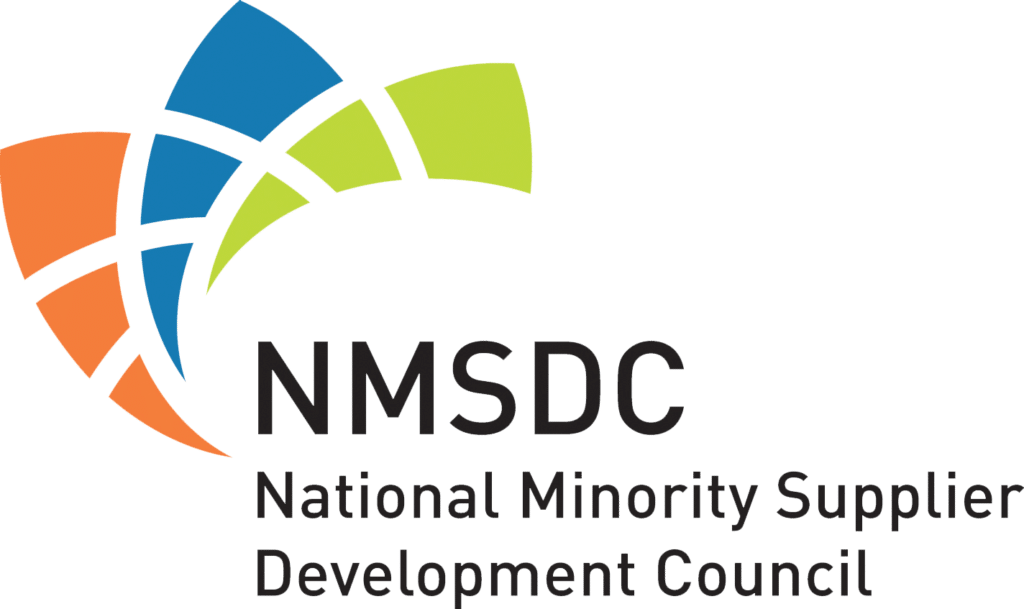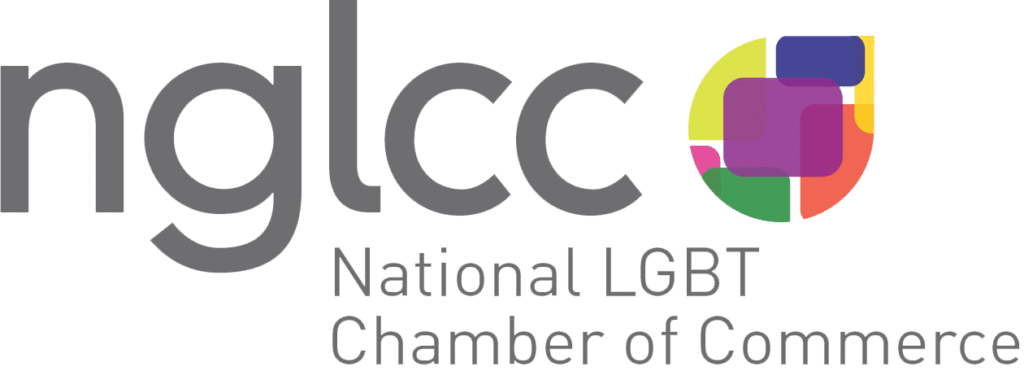From White to Yellow
Traditional whitepapers are a bit outdated for our taste. Gen Z is changing this tradition and incorporating our generation’s distinct color: Yellow. We proudly present our Gen Z Yellowpapers of trends + forecasts:
WebZ: A Decentralized Generation Z Divests
Evaluating young consumers’ relationship with Web3, from blockchains, to crypto, to NFTs, and more.
Gen Z In the Workplace
Analyzing The Changing Workforce Of Young, Highly Engaged Employees
2021: Looking Back & Moving Forward
A Look At The Trends And Behaviors Of Gen Z In The Past Year And What To Expect This Year
Want to learn more?
REACH OUT TO SHAINA, CMO AT JUV
location:
JUV Consulting, LLC 2019
1460 Broadway
New York, NY 10036
certified as a minority owned business
*queer owned businesses certification pending














